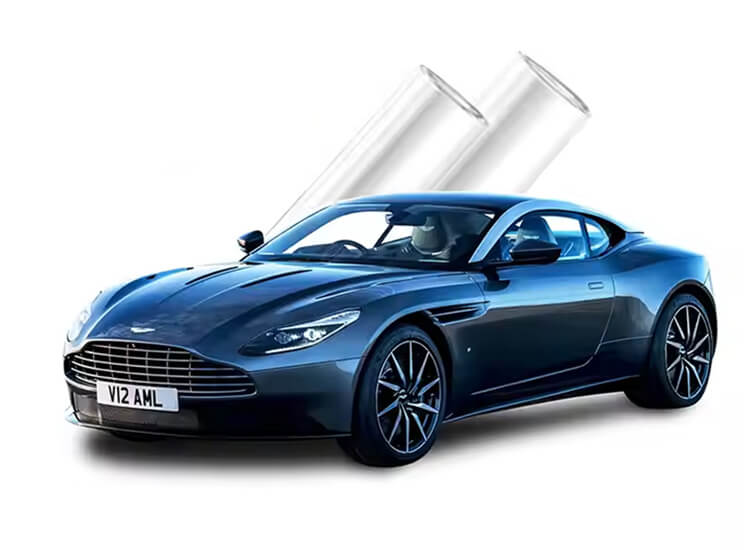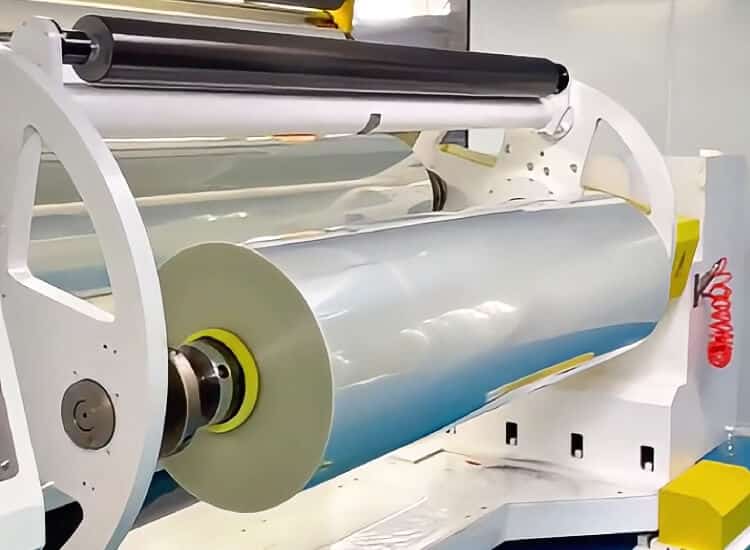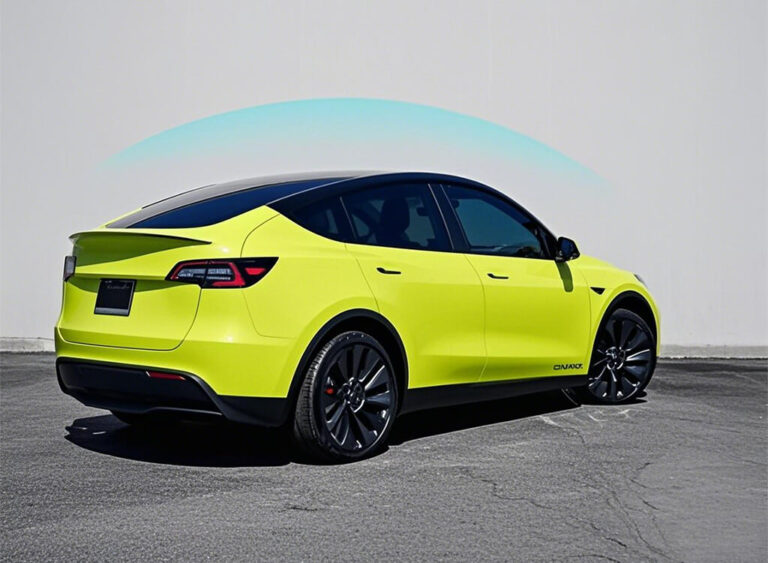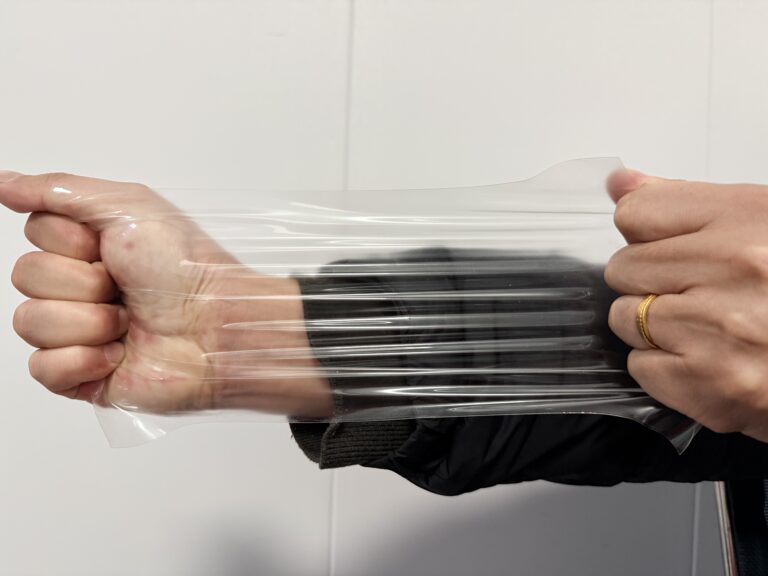PCL vs. Polyester TPU: Which Base Material Truly Protects Your Car’s Paint?
Choosing the right Paint Protection Film (PPF) starts with understanding its core: the TPU base material. Not all TPUs are created equal. Discover why PCL TPU is the superior choice for long-lasting, worry-free protection against the elements, especially hydrolysis damage.
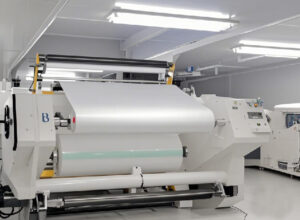
Why TPU Matters for Your Paint Protection Film (PPF)
Thermoplastic Polyurethane (TPU) is the essential raw material defining the performance and longevity of high-quality Paint Protection Film. It’s not just a focus for manufacturers like us; discerning car owners worldwide are increasingly recognizing its importance.
Understanding TPU: The Backbone of Premium PPF
TPU is a versatile thermoplastic elastomer known for its exceptional properties:
Outstanding Abrasion Resistance & High Mechanical Strength
Excellent Elasticity & Wide Hardness Range
Superior Low-Temperature Flexibility
Good Resistance to Oils, Chemicals, and Environmental Factors
These qualities make TPU ideal for demanding applications, including the ultimate protection for your car’s paint. Crucially, TPU is recognized as a high-performance, eco-friendly material.
TPU molecules have a linear (AB)n block structure. The “soft segments” (A) are typically high molecular weight (1000-6000) polyesters, polyethers, polycaprolactones (PCL), or polycarbonates. The “hard segments” (B) are formed from isocyanates and chain extenders like BDO.
The Critical Choice: PCL TPU vs. Polyester TPU for PPF
The type of soft segment determines the TPU’s key characteristics, particularly its resistance to hydrolysis – a critical factor for PPF exposed to water and weather. Let’s compare the two main types used in PPF:
Polyester TPU: Strength with a Vulnerability
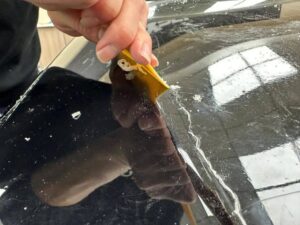
Derived from: Condensation of diacids and diols.
Key Properties: Offers excellent mechanical strength, abrasion resistance, tear strength, chemical resistance, high-temperature tolerance, and good processability.
The Critical Weakness – Hydrolysis: The strong ester bonds in polyester are susceptible to attack by water molecules (hydrolysis). Once hydrolysis starts, the acids produced accelerate further degradation. This means Polyester TPU PPF has inherently POOR HYDROLYSIS RESISTANCE.
Polycaprolactone (PCL) TPU: Superior Performance for Lasting Protection
Derived from: Ring-opening polymerization of caprolactone monomer, resulting in a soft, aliphatic linear polyester polyol.
Key Advantages over Polyester Polyols: Stable reactivity, low viscosity, controlled/narrow molecular weight distribution, low acid value, and low moisture content.
Resulting TPU Properties: PCL-based TPU delivers exceptional elasticity, abrasion resistance, weather resistance, OUTSTANDING HYDROLYSIS RESISTANCE, and excellent low-temperature flexibility. This makes it the premier choice for high-performance applications like top-tier automotive PPF.
Why Hydrolysis Resistance is NON-NEGOTIABLE for Your PPF
The Real-World Threat of Hydrolysis to Your Car’s Paint
PPF is constantly exposed to moisture – rain, humidity, car washes. In regions with frequent rain or high humidity, Polyester TPU PPF is prone to hydrolysis over time. Factors like high temperatures and prolonged outdoor parking accelerate this degradation.
The Devastating Consequence: Hydrolyzed PPF film becomes brittle and adheres excessively to the paint. Removing it is extremely difficult, often requiring scraping, which poses a SERIOUS RISK of IRREVERSIBLE DAMAGE to your car’s ORIGINAL FACTORY PAINT.
The PCL TPU Advantage: Peace of Mind Protection
PCL TPU PPF eliminates the risk of hydrolysis. Its superior molecular structure provides inherent resistance to water degradation, ensuring the film remains stable, removable when needed, and continuously protective throughout its lifespan. When choosing PPF, INSIST on PCL TPU as the base material.
Protecting Your Investment: Choose Wisely
While reputable PPF manufacturers prioritize PCL-based aliphatic TPU for its performance, some may opt for cheaper Polyester TPU to cut costs. The complexity of TPU chemistry makes it difficult for end-users to visually distinguish the base material type.
Here’s How Smart Car Owners Ensure Quality:
Choose Established Brands: Opt for PPF from manufacturers with a proven track record and commitment to quality materials like ELOV.
Verify the Base Material: Explicitly ask if the PPF uses Polycaprolactone (PCL) TPU.
Demand Transparency: Request material certifications or documentation verifying the TPU type.
Clarify Warranty & Installation: Discuss installation quality and understand the warranty terms with your authorized installer. Ensure it covers potential material defects, including hydrolysis failure.
Protect Your Pride and Joy with ELOV PCL TPU PPF
Don’t compromise your car’s paint. Choose ELOV Paint Protection Film, engineered with premium Polycaprolactone (PCL) TPU for unmatched durability, clarity, and superior hydrolysis resistance. Experience lasting protection that preserves your vehicle’s value and beauty.

